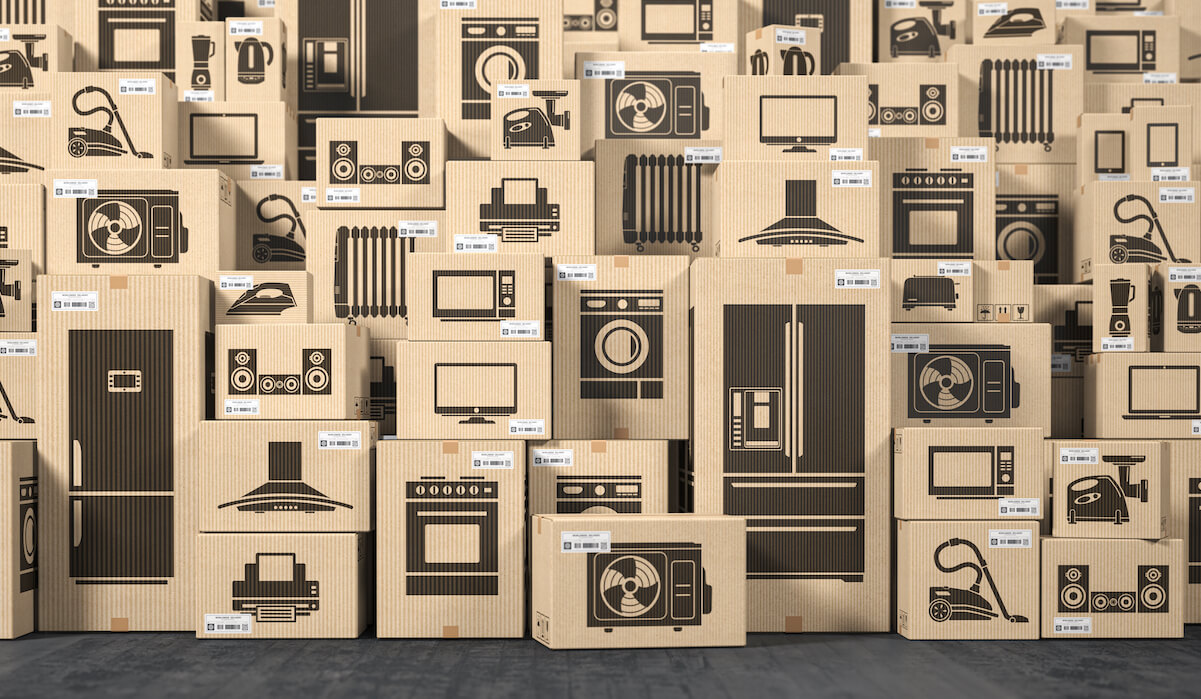The global chip shortage rages on, and we’ve heard a lot about its impact on the automotive industry. So, I thought I’d take a look at the impact on consumers through the eyes of the mainstream media, as people begin to understand the connection between semiconductors, and the products and services they rely on every day.
“Chip Shortage has Real-World Consequences”
I have to laugh at the headlines mainstream media cooked up. Just because the general public only recently became aware of the importance of semiconductors, doesn’t mean they haven’t had real-world consequences for a while. It’s too bad that it took a global shortage for semiconductors to become a household name.
Gaming Consoles and TVs
As work, school and play shifted to home during the pandemic shutdown, sales of laptops, tablets, and gaming systems shot up, dipping into the chip capacity that was abandoned by the automakers. But now, gamers are in bit of a panic, as the latest Nintendo Switch, Xbox, and PlayStation are either impossible to find or exorbitantly priced. In the meantime, Cloud-based game streaming may be a short-term solution, while gamers wait for the availability of the next new wave of gaming consoles, which may not be until 2023.
Rental Car Prices Skyrocket
If you’ve started traveling again, you probably noticed that rental car prices are through the roof. Can we really blame this on the chip shortage? Absolutely! Here’s why: To keep from going out of business during the early days of the COVID 19 pandemic, many rental car companies sold off their fleets to stay afloat, not anticipating that they wouldn’t be able to replace them with new vehicles easily when business picked up again. They’ve had to resort to purchasing used vehicles to keep up with the demand.
Automakers who ARE managing to roll vehicles off the assembly line are doing so without some of the high-end features and latest advancements to advanced driver assist systems.
Home Appliances Are Backordered
In a recent 3D InCites podcast episode, NSTAR’s Darrell McDaniel talked about the impact of the chip shortage on home appliances. If you’ve been trying to get a home renovation project started, you may be waiting for your new range, fridge, or dishwasher. I was one of the lucky ones! I renovated my kitchen in February, and everything was in stock. But that’s not the case for everyone. If you can get your hands on the latest appliances, chances are they will cost more than they did two years ago.
Not Even Smartphones Are Safe
Because key decision-makers at companies like Apple and Samsung had the foresight to stockpile devices, and because they use more advanced node technology than what was impacted by the chip shortage, they managed to avoid being impacted. Until now. Apple’s Tim Cook recently reported that constrained silicon supply and a shortage of ancillary components will likely affect sales of the iPhone and iPad, impacting its recent hot streak. Smaller players, like Lenovo, TCL and HMD are more likely to feel the pinch than the tier one manufacturers.
When will the Chip Shortage End?
It’s important to note that initially, its primarily legacy node devices – 40nm and older – that are in short supply. So, the global investment and fab expansion for advanced technology we’ve all been reading about is not what will alleviate the chip shortage. Rather, it’s going to take capacity expansion at 200mm fabs to make it happen. Analysts predict that while the shortage will ease up by the end of 2021, it could be well into 2022 before the increased supply makes its way through the supply chain and into products. Until then, we’re going to have to get used to higher prices or hold on to our devices, appliances, and vehicles a little bit longer. Which at least is better for the environment!



















